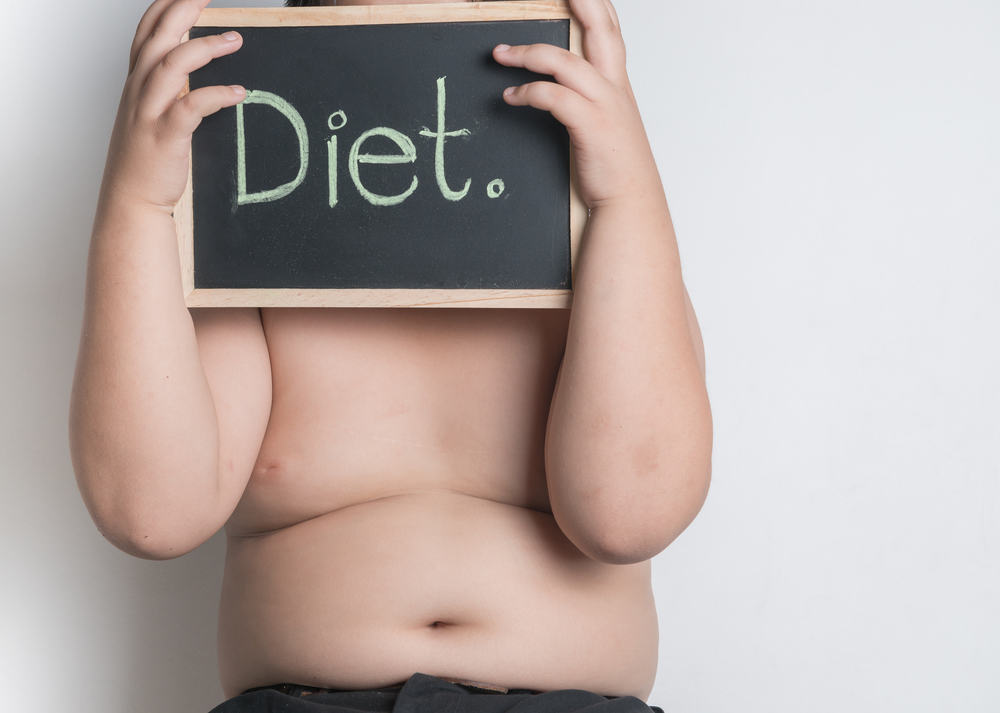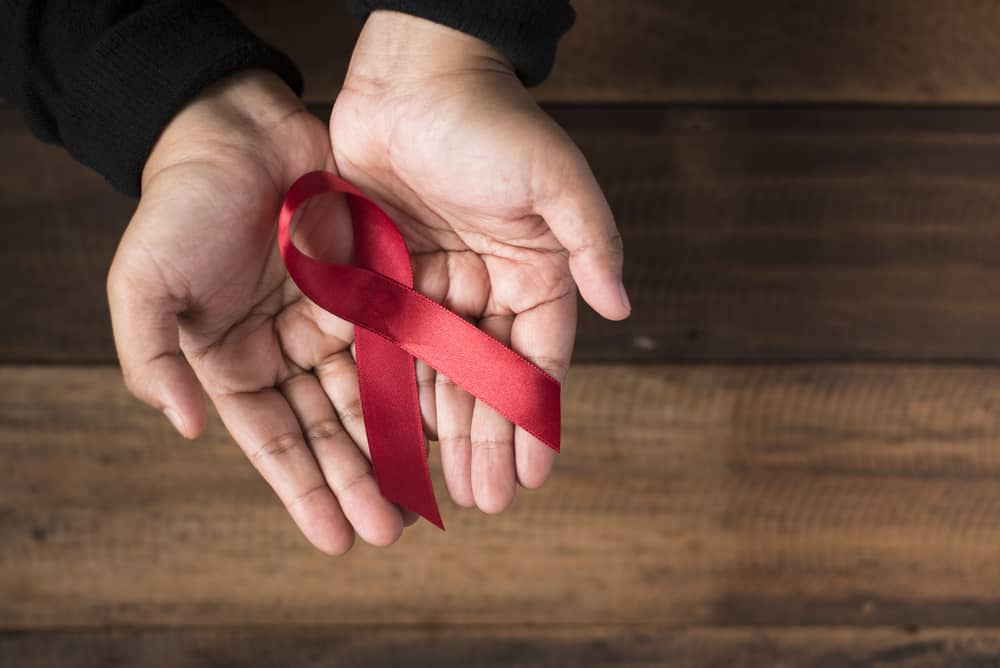Contents:
- Medical Video: » Best Diet For Removing Calcium Deposits & Plaque Buildup From Your Blocked Arteries
- What is diabulimia?
- Why do people with diabetes need insulin therapy?
- Diabulimia sufferers reduce insulin to achieve the effect of weight loss due to the absence of insulin in the body
- What are the signs and symptoms of diabulimia?
- What complications might occur due to diabulimia?
Medical Video: » Best Diet For Removing Calcium Deposits & Plaque Buildup From Your Blocked Arteries
Eating behavioral disorders such as anorexia and bulimia may no longer sound familiar to the ear, but have you ever heard of diabulimia? Diabulimia is an extreme eating disorder experienced by many diabetics who choose to skip their insulin doses. Like the two eating disorders above, diabulimia is also equally important to deal with as soon as possible before it can be fatal.
What is diabulimia?
Diabulimia (often also called ED-DMT1) is a disorder of eating behavior that is often experienced by people with type 1 diabetes. The term diabulimia itself comes from the combination of the word diabetes with bulimia. Not only medical ailments, diabulimia is also categorized as a psychiatric illness. Why?
Almost similar to sufferers of bulimia nervosa, diabulimia sufferers also have an excessive obsession with physical appearance and body shape and ideal body weight. However, it is inversely proportional to bulimic sufferers who take out their food again - whether by forcing vomiting or taking laxatives - diabetics with diabulimia actually do extreme things: reducing insulin intake. Dosage reduction, or even stopping it altogether, is done by them to reduce weight. In fact, this method can actually invite other diabetes complications that have fatal consequences such as amputation, nerve damage, visual disturbances, to heart disease.
Why do people with diabetes need insulin therapy?
Humans need the hormone insulin which is able to break down glucose from carbohydrates to be used as 'fuel' for cells in the body and store glucose for use when needed. In addition, the hormone insulin also helps maintain blood sugar levels within reasonable limits, not too high and not too low. When high blood sugar, cells in the pancreatic organs (beta cells) start releasing insulin into the bloodstream to then absorb the sugar that also flows in the bloodstream.
In people with type 1 diabetes, the pancreas fails to function and is unable to produce and release the hormone insulin. The result of this is the accumulation of sugar in the bloodstream, which results in high blood sugar levels. The sugar in the blood is then filtered in the kidneys, so that at high levels, the kidneys must work extra hard to produce urine to eliminate excess glucose in the body. Because sugar is directly wasted through urine without being able to use the body, the calories that the body should use for activity are also reduced, resulting in significant weight loss. Therefore, people with diabetes need regular injections of insulin to help the body process glucose.
Diabulimia sufferers reduce insulin to achieve the effect of weight loss due to the absence of insulin in the body
The ideal weight is the dream of almost everyone. Not infrequently people do various ways to maintain or reduce weight to reach the desired number. As discussed earlier, one of the side effects of diabetes is weight loss. By diabulimia sufferers, these side effects are used as a means to lose weight without having to control a diet that contains sugar and simple carbohydrates. How to?
Unlike bulimics who have to use laxatives or force themselves to vomit their food after eating food, the failure of the pancreas in diabetics gives them an beneficial effect. All they have to do is reduce or stop their insulin intake. That way they can cut a few kilograms to get the ideal body shape, without the hassle of controlling appetite or forcibly removing the food that has been consumed - remembering the excess glucose in their body will be released through urine. In fact, insulin is present as one of the main therapies of diabetes 1 to avoid health complications from diabetes.
Refers to American Diabetes Association (THERE), diabetics are more at risk of experiencing eating disorders because they are obsessed with having an ideal body shape. Diabulimia is generally experienced by teenage girls and young adults who have type 1 diabetes - almost three times greater than women who do not suffer from diabetes. Other research shows that about 40% of women with type 1 diabetes aged 15 to 40 have cut insulin intake as an emergency therapy to control body weight. Cutting down the dose of insulin is known to lose weight. However, the complications caused by the body of the sufferer will be extremely devastating.
What are the signs and symptoms of diabulimia?
- Hyperglycemia
- High hemoglobin A1C level, around 9.0 or more,
- Changes in eating habits and patterns (eat a lot but still lose weight)
- An obsession with food and physical appearance
- Anxiety about gaining weight
- Late puberty
- Irregular menstruation (for women)
- Urinary tract infection,
- Smelling ketones on breath and urine (sweet smell like fruit)
- Physical signs of malnutrition / lack of nutrition, such as hair loss and dry skin
What complications might occur due to diabulimia?
Health problems in the body of diabulemical sufferers increase over time. Short-term effects of diabulimia include increasing blood sugar levels (hyperglycaemia), high urination rate (polyuria), dehydration, increased appetite, fatigue, decreased concentration, electrolyte imbalance in body fluids, and drastic weight loss. Long-term effects include heart attack, stroke, retinopathy, nephropathy, neuropathy, gastroparesis, blood disorders, gum disease, to infertility.
Most diabulimia sufferers eventually die because of diabetic ketoacidosis. Ketoacidosis is a condition of acid accumulation in the blood due to insufficient insulin levels. When people with diabetes experience ketoacidosis, the body will start destroying itself from the inside to look for energy which leads to drastic weight loss and other complications as mentioned above. Failure of the heart and other organs may also occur. The risk of death also increases three times higher than diabetics who routinely consume insulin.
Diabulimia or ED-DMT1 is a fairly new phenomenon, and the relationship between type 1 diabetes and eating disorders indeed medically or psychiatrically not yet recognized. Therefore, diagnostic errors and errors often occur treatment. For a more accurate diagnosis, you should diabetics who show signs and symptoms of eating disorders referred to a psychiatrist by the doctor responsible for his condition.












